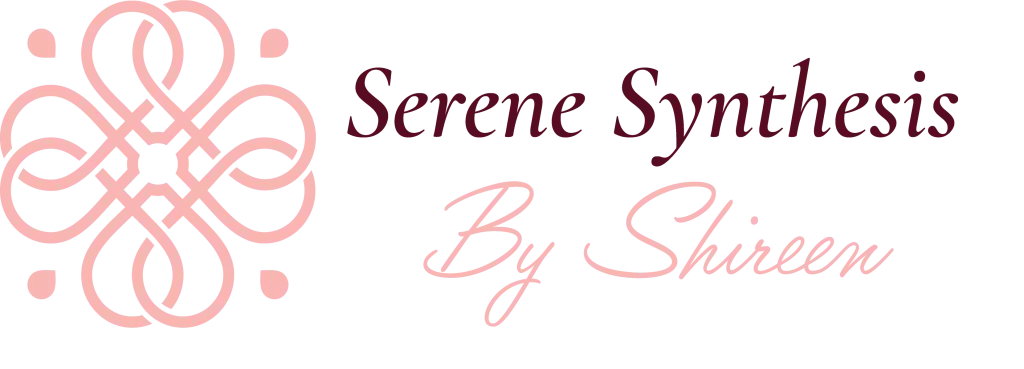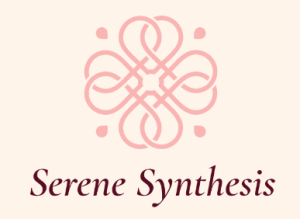In many industries, upselling is treated like a mechanical trick: “offer the bigger size,” “bundle the add-ons,” or “push the premium package.” Training manuals often reduce it to a script or a checklist.
But the truth is—upselling, done right, is less about the product and more about psychology. It is not manipulation. It is not about pushing people into spending more. At its best, upselling is about revealing hidden value that the customer might not have considered.
And this is precisely what most sales trainings miss.
Why Upselling Has a Bad Reputation
When people hear the word “upsell,” they often think of the fast-food counter: Would you like fries with that? It feels transactional, even pushy.
But this narrow view ignores the deeper dynamics of trust and decision-making. Research in consumer psychology shows that people are more open to upselling when:
- They already trust the brand or advisor.
- The upsell is framed as a solution, not an expense.
- It aligns with a need the customer has not fully articulated.
Harvard Business Review analyses show that when customers feel understood and have consistently strong experiences, they spend more and stay longer—not because they’re pushed, but because they feel safe investing further.
The Psychology of Upselling
At its core, upselling relies on three psychological levers:
- Anchoring – When you introduce a higher-value option, the human brain uses it as a reference point. A mid-tier option may suddenly feel “just right.”
- Future Projection – Clients buy not only for today’s needs but also for tomorrow’s aspirations. Upselling taps into that forward-looking mindset: How will this choice serve me long-term?
- Trust Transfer – If the client trusts you in the smaller decision, they are more likely to extend that trust to the larger one—provided you don’t break it with a pushy tone.
This is why upselling is more an art of empathy than persuasion.
Where Upselling Matters Most
Upselling is not confined to retail. It is critical in industries where relationships drive revenue:
- Hospitality & F&B – A guest who upgrades to a premium wine pairing is not just spending more; they’re deepening their experience.
- Healthcare & Wellness – Suggesting a longer treatment plan or complementary therapy can improve outcomes.
- Consulting & Professional Services – Guiding a client from one-off transactions to retainer-based support adds stability for both sides.
- Real Estate & Financial Services – A trusted advisor can help clients think beyond the immediate transaction to long-term planning.
Across these fields, upselling is less about the “extra” and more about the enhanced journey.
Why Learning It Matters in the UAE (and Beyond)
In a market like the UAE—fast-moving, competitive, and price-sensitive—many sales teams fall into the trap of discounts. This erodes margins and conditions clients to undervalue services. Upselling, by contrast, shifts the conversation from price to value.
Clients in the region are increasingly sophisticated. They expect salespeople to act as consultants, not just vendors. Teams trained in the psychology of upselling are able to:
- Build long-term trust.
- Reduce dependency on discounts.
- Strengthen brand reputation through consistent value delivery.
What Most Sales Trainings Miss
Typical trainings focus on scripts: “Say this line, follow this flow.” The subtle art of upselling requires something deeper:
- Emotional Intelligence – Reading when the customer is open, and when they are not.
- Listening Skills – Detecting unmet needs behind casual comments.
- Framing Skills – Presenting the upsell not as a bigger spend, but as a smarter choice.
These are not surface techniques—they are capabilities built over time, often with coaching.
A Thought to Leave You With
The subtle art of upselling is not about squeezing more money out of a client. It is about serving them so well that they naturally want to go further with you.
When salespeople master this shift, upselling stops being a tactic. It becomes part of a trusted relationship—one that grows in value for both sides.
How Serene Synthesis Can Help
At Serene Synthesis, we design sales coaching that goes beyond scripts.
We train teams in empathy-led upselling, value framing, and trust-based communication—helping sales professionals move from transactional selling to relationship-driven growth.
Explore our Sales Communication & Mindset Training to see how your team can master this subtle but powerful skill.


